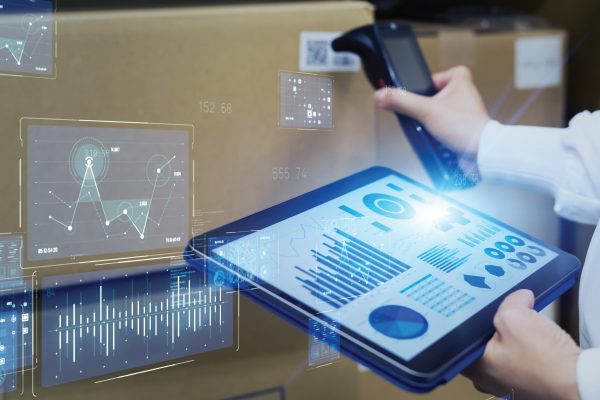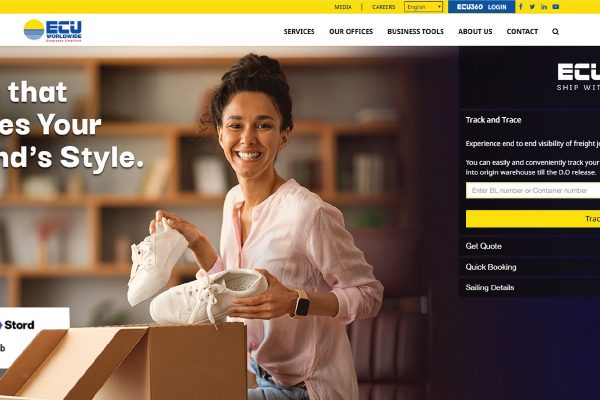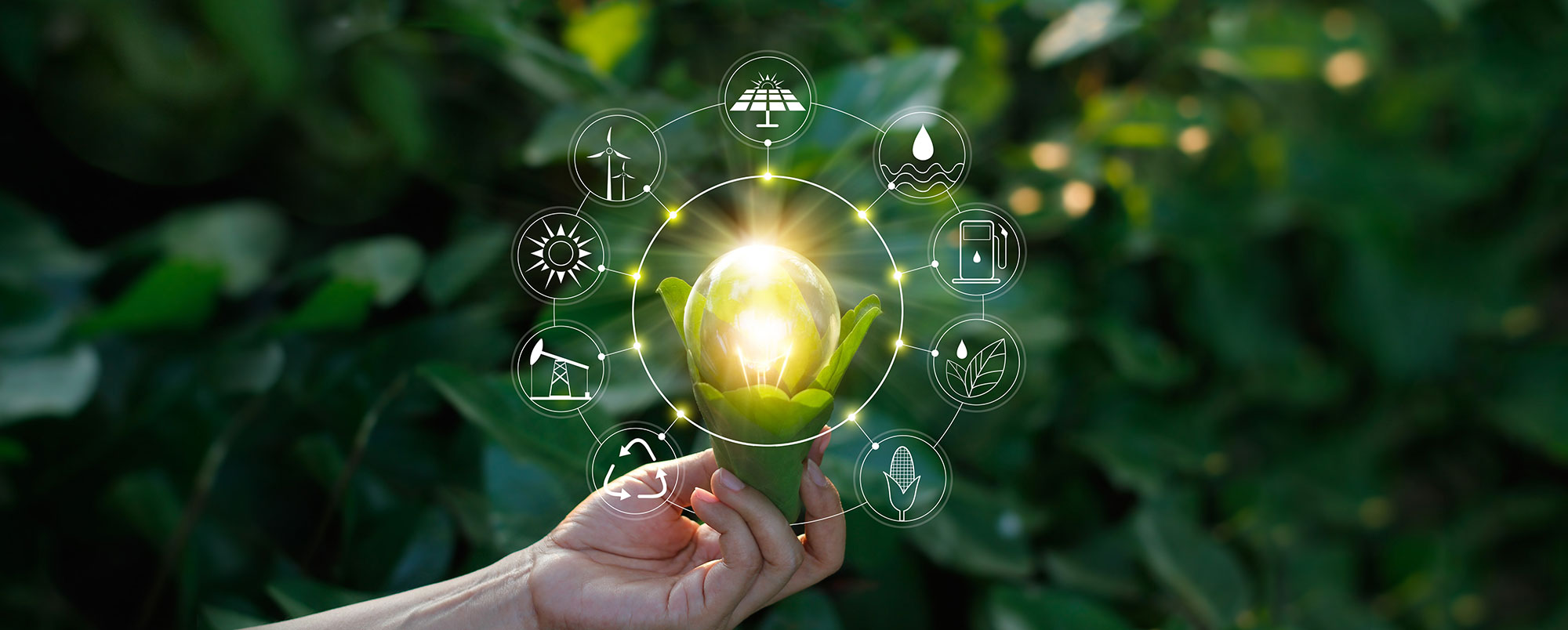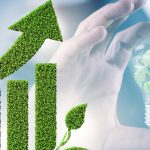While the logistics business is traditionally relatively carbon-intensive, making a conscious push towards reducing one’s carbon footprint is imperative for businesses. Allcargo Logistics and its group companies – ECU Worldwide and Gati-KWE – have been steadily moving towards renewable sources of energy and bringing efficiency in end-to-end operations. For instance, this means using solar, wind power and innovative materials for warehouse buildings.
In general, the company’s strategy has focused on using clean energy, mitigating environmental impact, and leveraging digitalization to bring in greater efficiency.
Clean, green power
As a responsible corporate entity, a slew of measures integrating sustainability across facilities and operations are already in place to safeguard the environment. At Gati-KWE’s recently launched Surface Transhipment Centre (STC) at Farrukh Nagar, Haryana, for example, sustainability was a key factor during the construction stage itself. The facility, which makes use of natural light fully, has insulation that reduces the power consumption for heating or cooling the premises. The proposed solar panels are likely to make the STC more sustainable. With about 446,266 KW of power generated through wind and solar, carbon emissions are down by 3.25 lakh tonnes per year.
The replacement of reach stackers with Rubber Tyred Gantry Cranes (RTGs) at CFS facilities in JNPT and Chennai has further reduced carbon emissions by 3.4 million kg per year.
Reducing environmental impact
Despite carbon-heavy operations of the logistics sector, Allcargo’s efforts are driven towards minimizing its carbon footprint and operating in an eco-friendlier manner.
Given that Gati-KWE is one of India’s premier express distribution companies, offering nationwide reach, the company’s main business itself, is one that encourages the transportation of numerous consignments at the same time.
Similarly, Allcargo, through its wholly-owned global subsidiary ECU Worldwide, is the global leader in LCL consolidation. LCL shipping, by its very nature, is comparatively more environment-friendly. This is because a number of shipments from various shippers get transported at the same time in a single container, unlike in FCL where separate containers are used. It is also more eco-friendly compared to air freight, which causes more pollution.
Digital transformation that’s good for the environment
In addition to going green, Allcargo and its group companies focus on accelerating digital transformation to optimise processes and operations, thus further reducing their carbon footprint.
Using digital technology significantly reduces the use of paper and end-to-end transactions over digital portals help reduce multiple emails and follow-ups that would consume server space and power.
Some of the digital initiatives embraced include:
- Use of e-POD (electronic Proof-of-Delivery), e-billing, etc. to reduce printing and paper usage, and digital payment modes (COD and FOD) to make transactions secure and convenient.
- New WhatsApp chatbot – Gati Genie – that enables instant assistance to schedule pick-ups and deliveries, track and trace, etc. through a single app.
- ECU360, the proprietary state-of-the-art digital logistics platform that allows customers to book global cargo movements easily, instead of multiple back and forth emails.
- SFA (Sales Force Automation) enables digital scan of consignments at each stage, significantly reducing the use of paper and printing.
Conclusion
Companies must take firm steps towards sustainability that will help achieve the ultimate goal of making businesses more environment friendly. And Allcargo aspires to be a torch-bearer, showing how eco-friendly measures can help align with broader business objectives.














